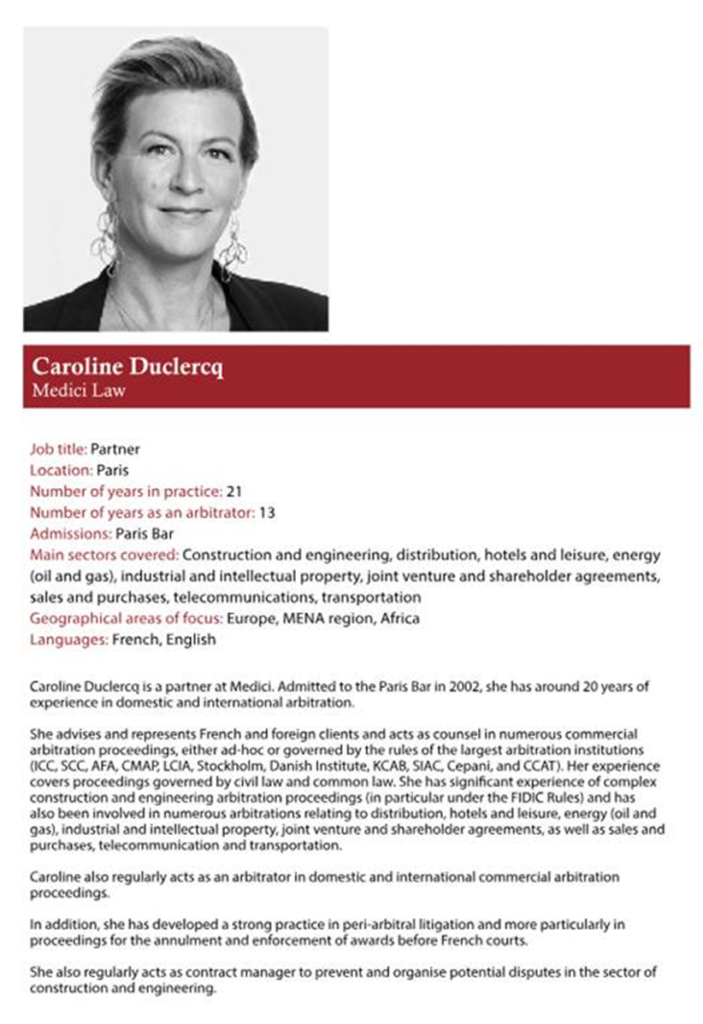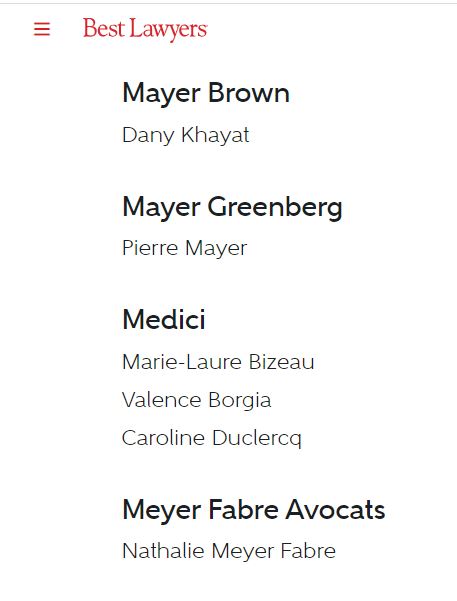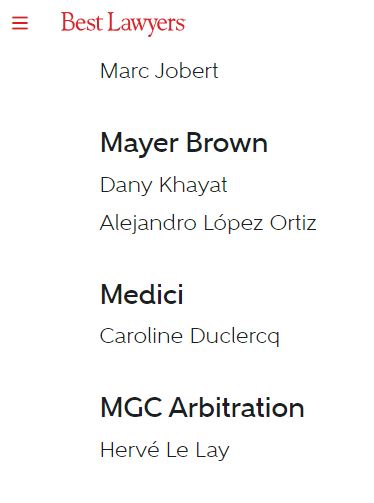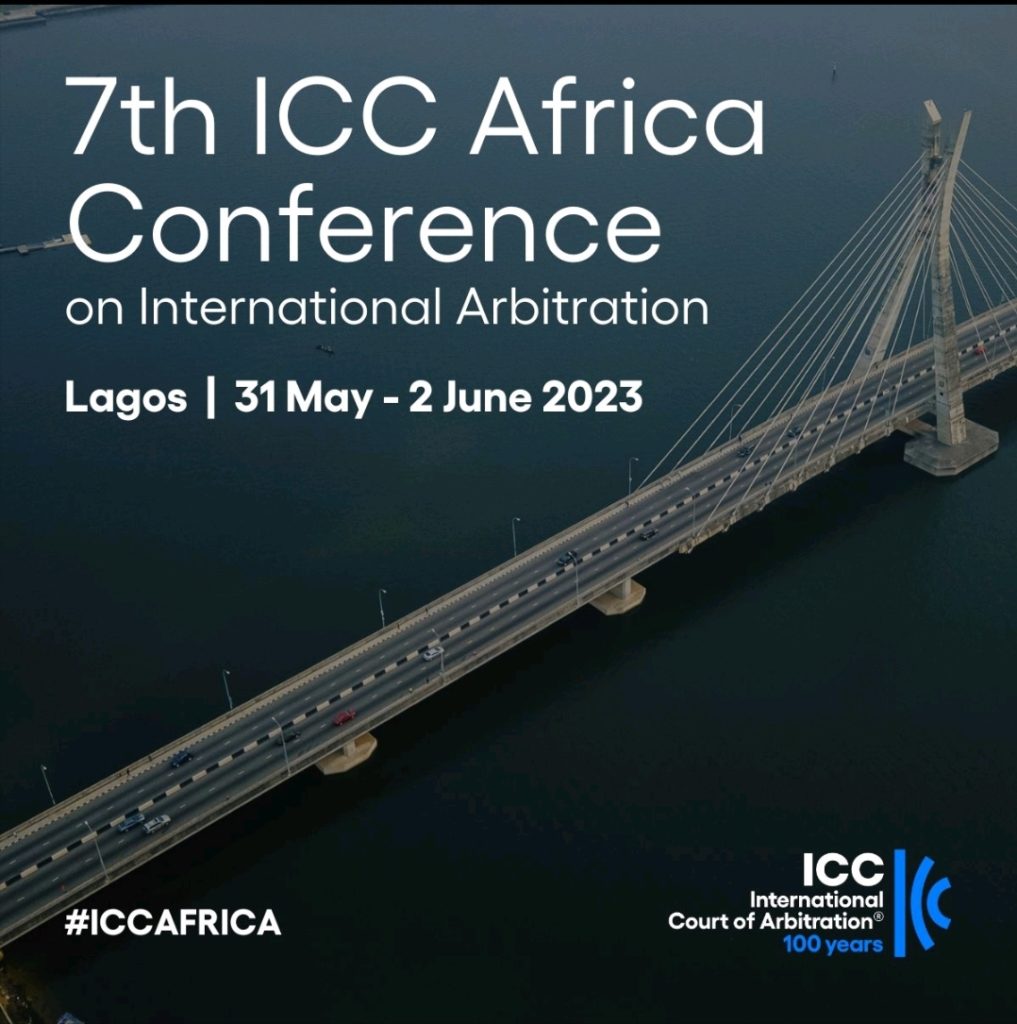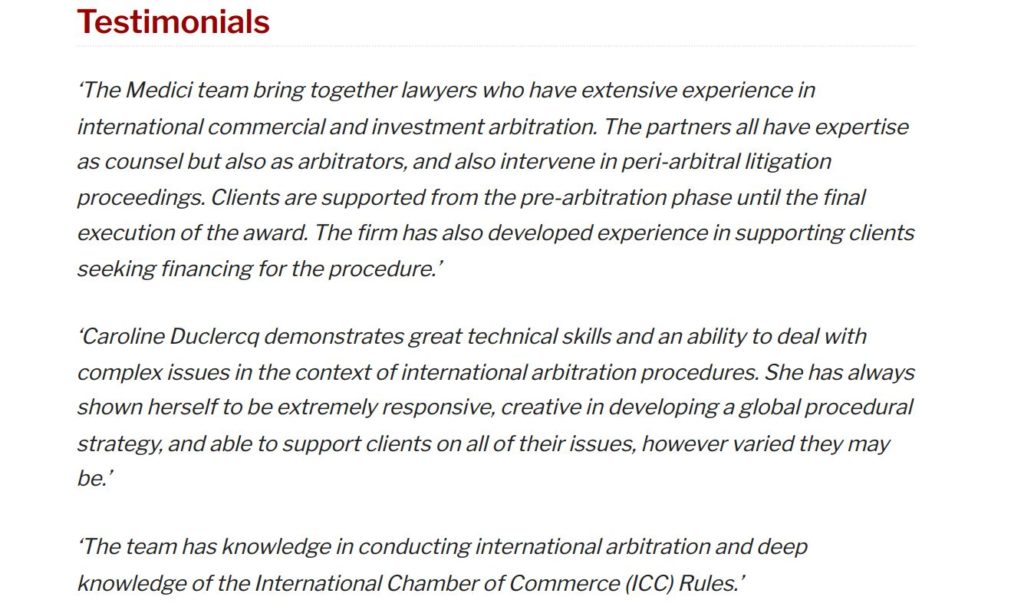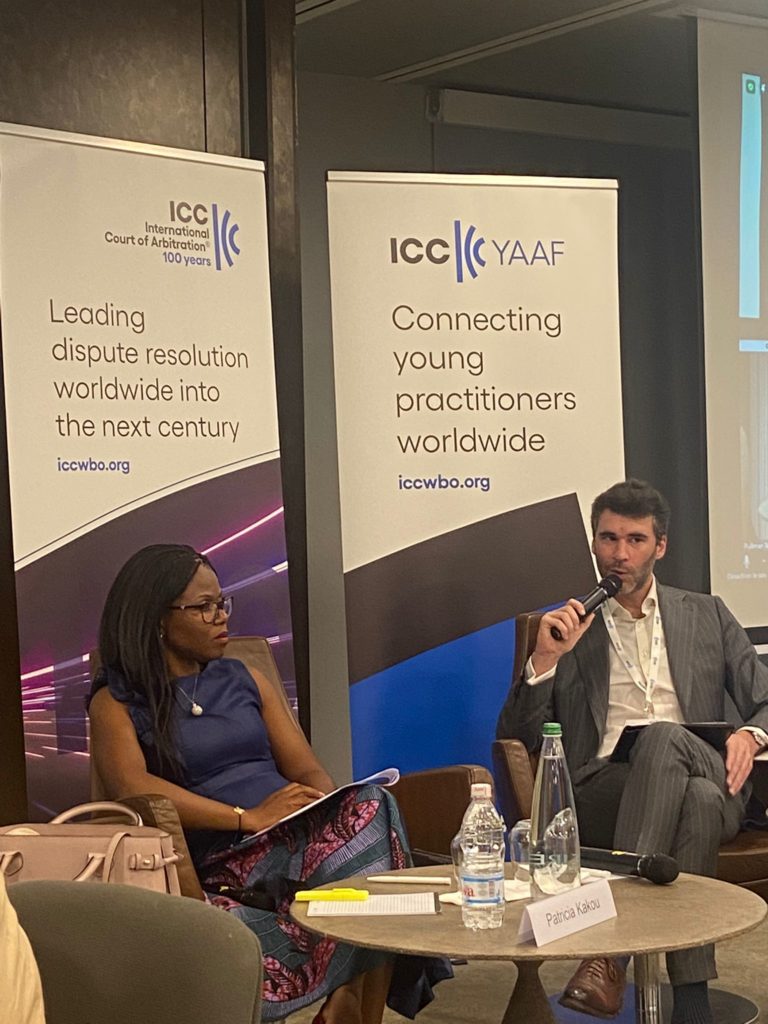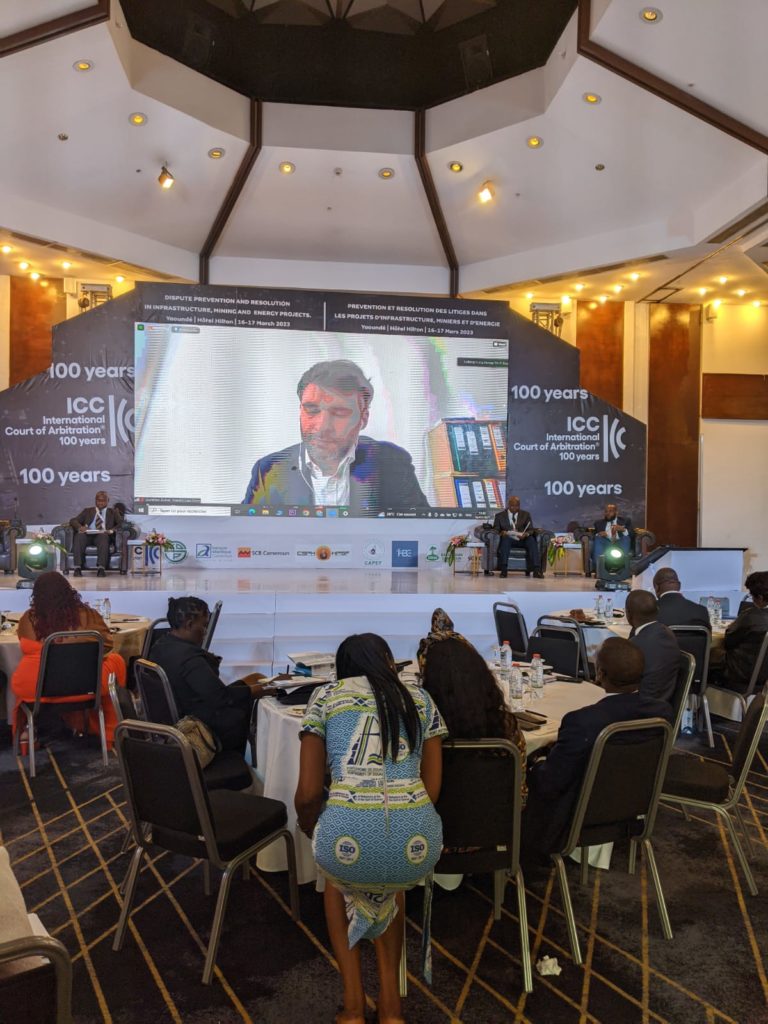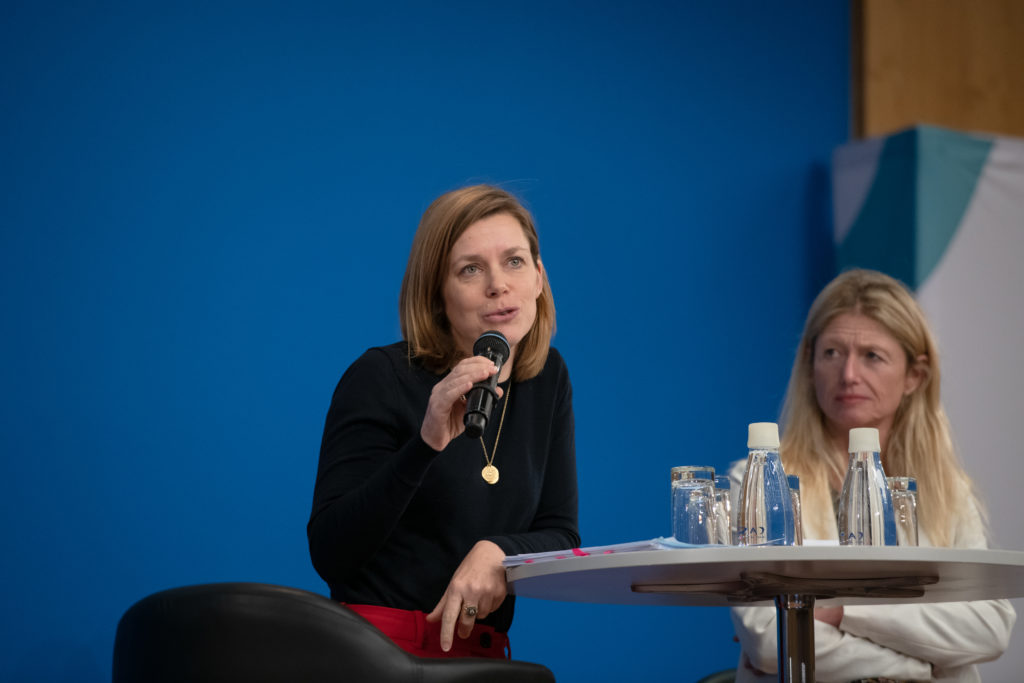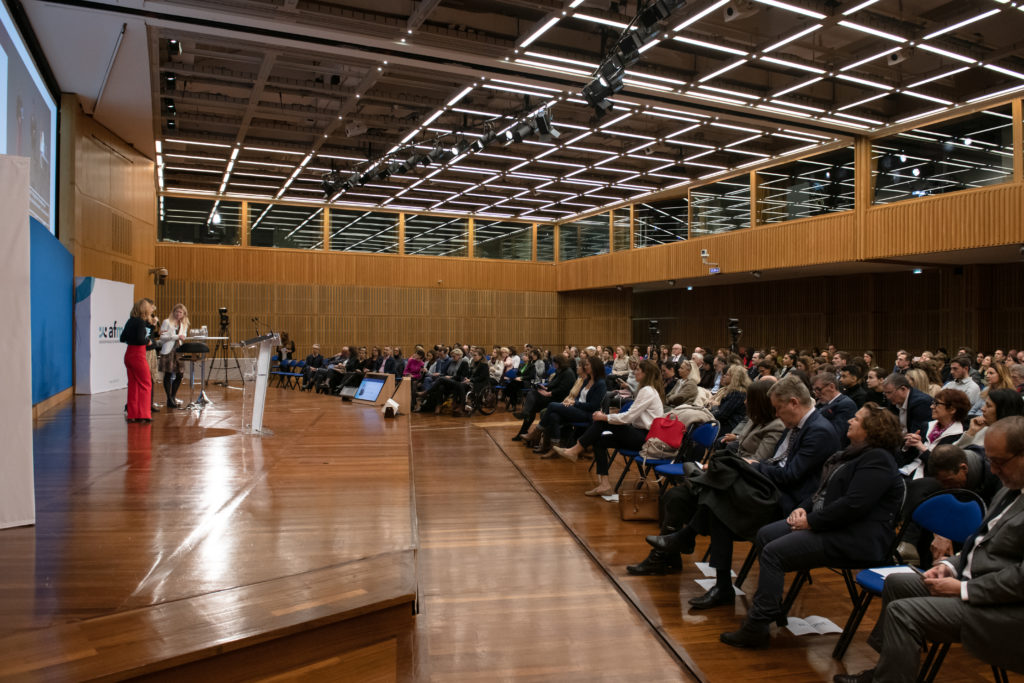Caroline Duclercq will be taking part, from 28 to 29 September 2023, in a conference in Dakar organized by JUS AFRICA in partnership with the International Chamber of Commerce (ICC) and the Editions du Centre de Recherches et d’Etudes en Droit et Institutions Judiciaires (CREDIJ) on the subject “Arbitration and Companies under OHADA Law”.
She will speak on Friday the 29th September 2023 during the third roundtable on “Companies providing extra-legal services”, moderated by Pierre Kasongo Makanda, alongside Pierre Daureu and Romain Dupeyre, and will be focusing on the subject of third-party funding.
Eminent professors, colleagues and legal experts will also be present, including: Vanesse de Happi, Hélène Sarr, Mamadou Seck, Claude Mentenon, Yoro Moussa Diallo, Ether Moutngui, Emmanuel Sibidi Darankoum, Ismaila Madior Fall, Jessica Aya Nanou, Mayatta Mbaye Ndiaye, Habibatou Toure, Serges Martin Zangue, Patricia Sopi Kakou, Mounetaga Diouf, Karel Osiris Dogue, François-Xavier Mbono, Martial Akakpo, Gaston Kenfack Douajni, Diamana Diawara, Khaled Abou El Houda, Marie-Andrée Ngwe, Patrick Bondonga Lesambo, Abdoulaye Sakho, Joachim Bile Aka, Sylvie Bebohi, Simon Ndiaye, Coco Kayudi Misamu, Mathias Cazier-Darmois, Mouhamed Kebe, Sabrina Ainouz, Nadia Biouele Tall, Batibié Bâtis Benao, Yvette Ngwevilo Rékangalt, Joseph Djogbenou.
For full details of the programme, visit: https://www.ohada.com/uploads/actualite/6869/programme.pdf




